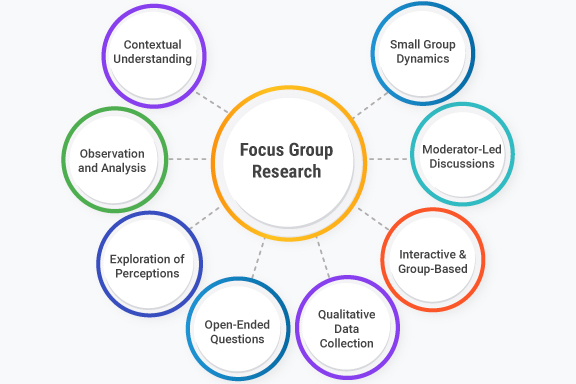NEW STUDY: Behavioural Intervention for Smoking Cessation

The study aims to integrate a behavioural/psychosocial treatment intervention for smoking cessation into HIV/TB care and will be the first of it’s kind to target the outcomes of smoking cessation and successful HIV/TB treatment amongst people with HIV and/or TB.
So why is smoking cessation an important target in HIV/TB care? Let’s delve into a little background:
The combination of smoking, HIV, and TB contributes to increased illness and death in South Africa. While tobacco use is decreasing in high-income countries, it is on the rise in lower-income countries. In 2017, over 80% of smokers lived in low-income countries. In South Africa, 17.6% of the population smokes tobacco, with even higher rates amongst certain groups.
Smoking worsens health disparities related to HIV and TB in the country. South Africa has the largest population of people living with HIV in the world, with approximately 7.3 million adults living with HIV. We also have an incredibly high TB prevalence of 737 per 100,000 people, where the HIV-TB coinfection rate in 2017 was about 60%. People with HIV face an increased risk of TB due to immunodeficiency, and TB treatment outcomes are worse for them. In a South African sample, co-infected patients had a 24.5% unsuccessful TB treatment outcome compared to 15.3% in patients without HIV. TB is also associated with poor HIV outcomes, including unsuppressed viral load. The combination of smoking with HIV, TB, or both heightens these risks. Smokers with HIV have three times the risk of contracting TB, and almost 1 in 5 TB-related deaths in South Africa are directly linked to smoking. Additionally, life expectancy is reduced by at least 16 years among people with HIV who smoke. Given these severe health impacts, there is a critical need for interventions addressing smoking cessation in the context of HIV and TB to mitigate their combined vulnerabilities.
How does this study plan to address this problem?
This study addresses the challenges of smoking and engagement in HIV/TB care through a three-stage approach:
Aim 1: Exploration
This stage includes an exploration of people’s experiences of smoking and engaging in HIV/ TB care. This will include 30 interviews with individuals who have HIV/TB and who smoke, as well as a focus group with healthcare providers (n=6-8) to help us understand and identify multi-level barriers to smoking cessation, explore how smoking affects HIV/TB care engagement, and inform the QUIT-AD protocol.

Aim 2: Specification
This stage involves the specification, development and refinement of the QUIT-AD intervention based on data collected during stage 1 and guided by the ADAPT-ITT model. The ADAPT-ITT model is an 8-phase process that involves formative assessments, decision-making around necessary adaptations, collaboration with experts, and integration of content from existing evidence-based interventions. In this context, QUIT-AD is being tailored to address smoking cessation in the specific population of individuals with HIV and/or TB in South Africa.
The proposed intervention, QUIT-AD, combines elements from two existing treatment programs (QUIT and CBT-AD) to enhance smoking cessation and improve adherence to HIV/TB treatment. QUIT is a skills-based smoking cessation program for people with HIV (PWH), addressing both addiction-related and non-addiction-related challenges. CBT-AD focusses on improving adherence to antiretroviral therapy (ART) by addressing specific barriers through problem-solving and mitigating the impact of negative emotions. In QUIT-AD, we will adapt and integrate elements from both programs to address unique barriers to smoking cessation and HIV/TB treatment adherence in the South African context.
Aim 3: RCT
Stage 3 involves a randomized controlled trial (RCT) comparing QUIT-AD to an enhanced standard care (ETAU) to assess its effectiveness in improving smoking cessation and HIV/TB treatment adherence.
Why are we so excited about this research?
This study is trying to establish evidence for a behavioural intervention for smoking cessation in the context of HIV/TB care – which hasn’t been done before! Behavioural interventions can help address the root cause of tobacco use. For many people, smoking often arises from a variety of psychological factors such as stress, anxiety or emotional triggers. Therefore, behavioural interventions delve into these underlying causes, helping individuals develop healthier coping mechanisms and emotion regulation skills.
In conclusion, this innovative study represents a crucial step forward in addressing the complex intersection of smoking, HIV, and TB in South Africa. The findings from this comprehensive approach have the potential to inform future interventions, contribute to global health knowledge, and ultimately improve the lives of individuals facing the compounded risks of smoking, HIV, and TB in South Africa. Keep an eye out for updates.